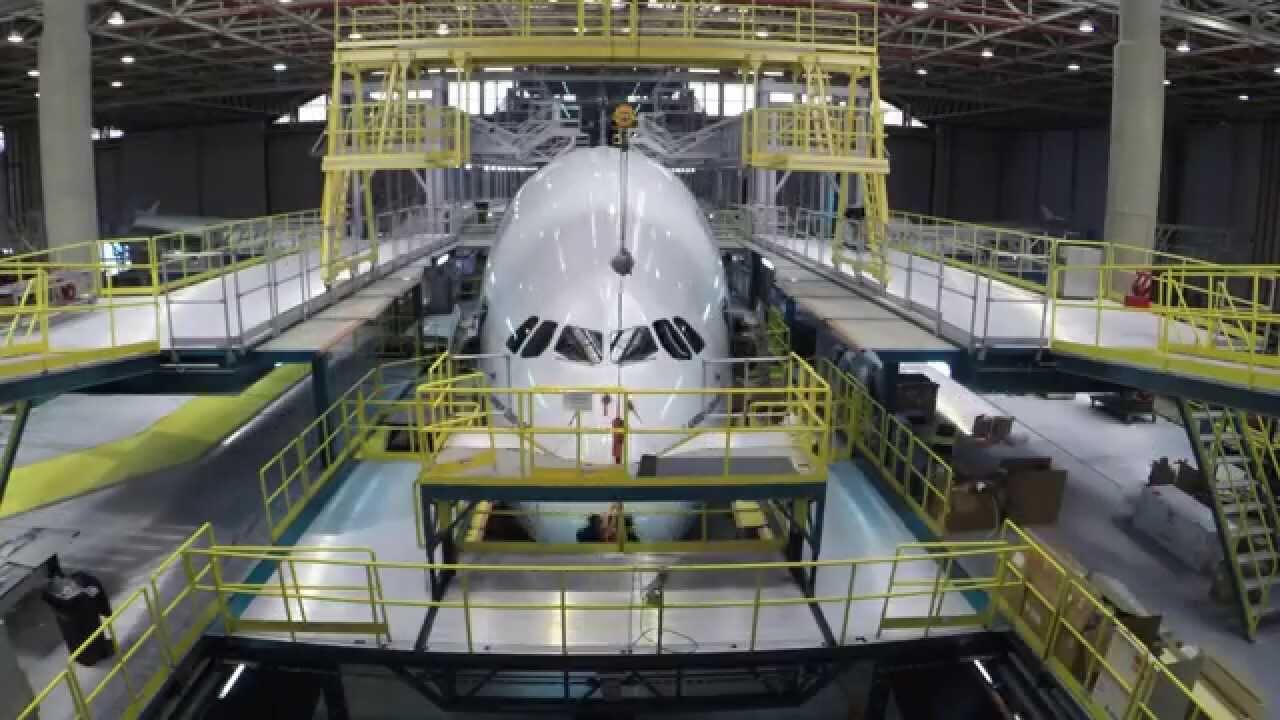
The aftermarket boom in the Middle East, primarily driven by the expansions of carriers Emirates, Etihad Airways and Qatar Airways. This has provided a boon for MROs in the region, especially in the United Arab Emirates.
With a compound annual growth rate of 8.2% outstripping the average global rate of 2.9%, according to Aviation Week data, there are signs of continued positive activity in the Middle East’s MRO segment.
Yann Cambier, an analyst at ICF International, says there is continued positive activity in the Middle East’s MRO segment, a region he describes as able to attract talent from outside, build modern facilities, foster strategic partnerships with OEMs and maintain major airport hubs.
He points to ambitious moves from regional third-party maintenance providers such as Etihad Airways Engineering, which has grown non-Etihad airline customers to more than 50%. The MRO in Abu Dhabi added capabilities such as A350 maintenance last year and is exploring new technologies such as 3D printing of parts.
The expansion extends beyond the United Arab Emirates, too. Saudia’s MRO arm SAEI is building state-of-the-art facilities covering heavy maintenance, engines and components, while Jordanian services provider Joramco gained the global EN9110 standard for quality, which may open the door for more international work.
However, questions have arisen about when this boon period might slow and which factors may contribute. One of these potentially challenging factors is the labor shortage. While this is a global problem, with each region throwing up specific variables, the Middle East has its own issues.
“Countries like the UAE have to be self-sufficient in terms of technician supply,” Cambier says, pondering that this could see the government increasing its involvement in promoting this career path for local citizens; perhaps through subsidized schooling. As it stands, Western technicians attracted by generous salary offerings, along with skilled labor from Eastern Europe and India, have been common recruitment paths.
As it stands, UAE-based companies such as Sanad Aerotech are attempting to grow its indigenous workforce, while western companies operating in the region such as Lufthansa Technik have also undertaken initiatives such as college partnerships to boost sourcing talent locally.
While capability expansions are a common regional theme, ICF estimates that about 70% of aftermarket services are fulfilled for fleets in the region. It believes the challenge will be to expand these capabilities beyond airframe work to engines and parts repairs.





